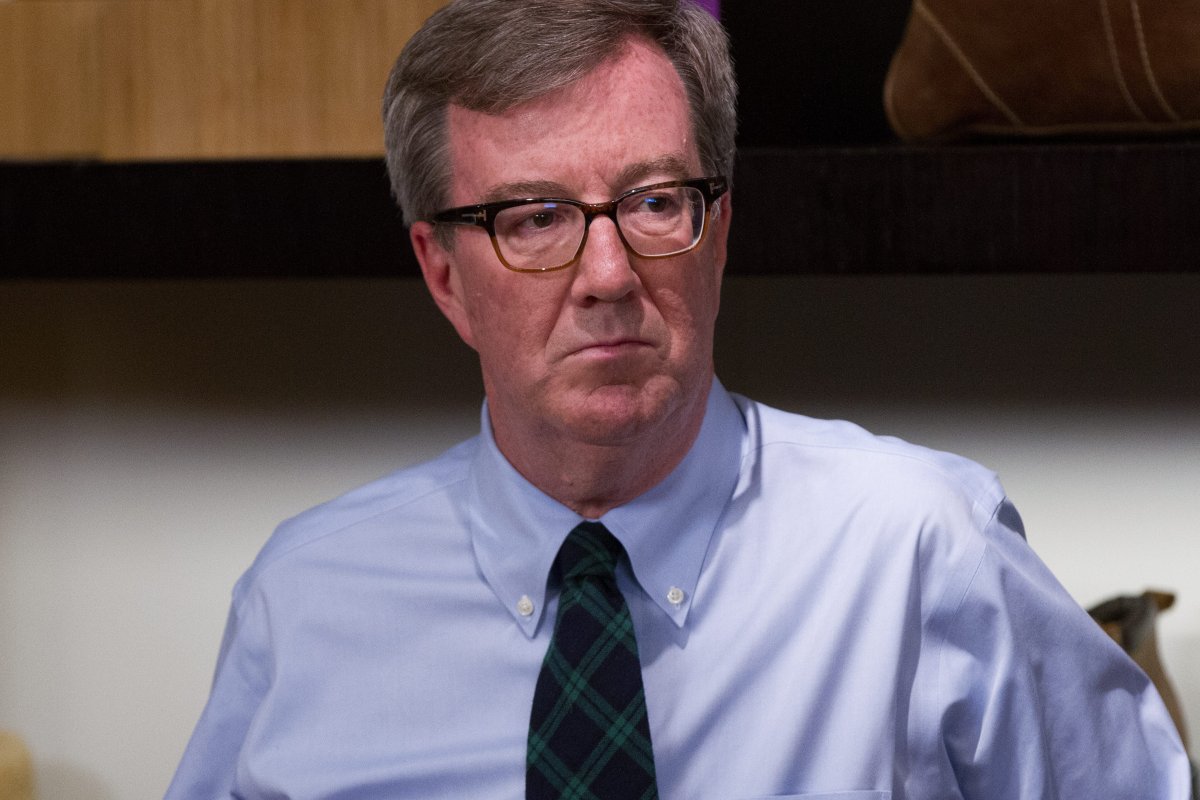When three Ottawa residents alleged that Mayor Jim Watson violated their charter rights by blocking them on Twitter and took him to court over the matter, the mayor defended his right to block constituents, insisting his account is a personal one.

But, “upon further reflection,” he now says he’s changed his mind.
In a statement posted to Twitter on Friday afternoon, Watson said he agrees his account is public because he uses it “in the exercise of his day-to-day duties” as mayor. He stated that he will un-block the applicants to put the matter to rest.
The three individuals who launched the Twitter charter challenge against Watson just over two weeks ago, Emilie Taman, James Hutt and Dylan Penner, called the mayor’s change of heart “a victory for free speech” on Friday.
“It was profoundly undemocratic for the Mayor to block certain people from viewing his tweets or
participating in conversations in his Twitter threads,” the three individuals wrote in a statement, saying the two sides came to a “settlement.”
That settlement, they said, includes “an agreement” that Watson will unblock every individual he has blocked — not just them.
Watch: Watson may face lawsuit (Oct. 18)

Taman, Hutt and Penner applauded Watson for acknowledging his Twitter account is an “official public account.”
“This is an important recognition and one that we hope will give pause to other elected officials who believe otherwise when it comes to their accounts and block critical voices,” the three wrote in their statement.
Watson was re-elected to a third term as mayor of Ottawa in the municipal election on Oct. 22.
In his statement on Friday, he also pledged to “encourage all members of Council to maintain a high level of of public accessibility through social media and other means.”
Taman is a law professor at the University of Ottawa and two-time federal NDP candidate. Hutt is a campaigner for the Canadian Union for Postal Workers, and Penner is a media officer with the Council of Canadians.
The three local activists alleged in their court filings that Watson blocked them in September after they criticized something he said or prodded him about whether he would attend certain mayoral debates.
In their joint notice of application, filed on Oct. 16, they said they followed Watson on Twitter for information, city announcements and the mayor’s opinions on municipal issues and policies — among other things — and have occasionally engaged in a back-and-forth with the mayor on the platform.
They argued that getting blocked from seeing important information shared on the mayor’s account and getting barred from engaging in debate on his feed infringed their constitutional right to freedom of expression.
At the time, Watson argued his Twitter account is “personal” and he has “the right not to be attacked and harassed by the same individuals on a regular basis.”
The three applicants maintained on Friday that they had always been civil in their exchanges on social media with the mayor.
“We were not harassing or abusive in our tweets, but simply asking questions and engaging in political debate with Ottawa’s Mayor from a critical perspective,” they wrote in their statement.
The case drew much attention, partially because it would have been the first legal challenge of its kind, according to the applicants’ lawyer, Paul Champ.




Comments